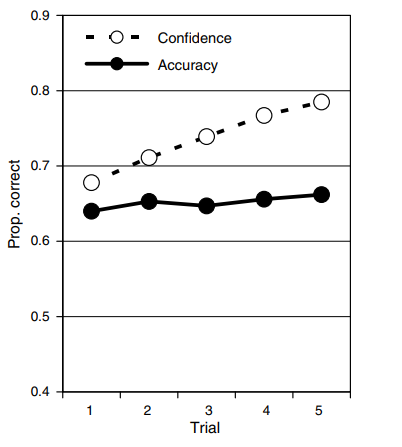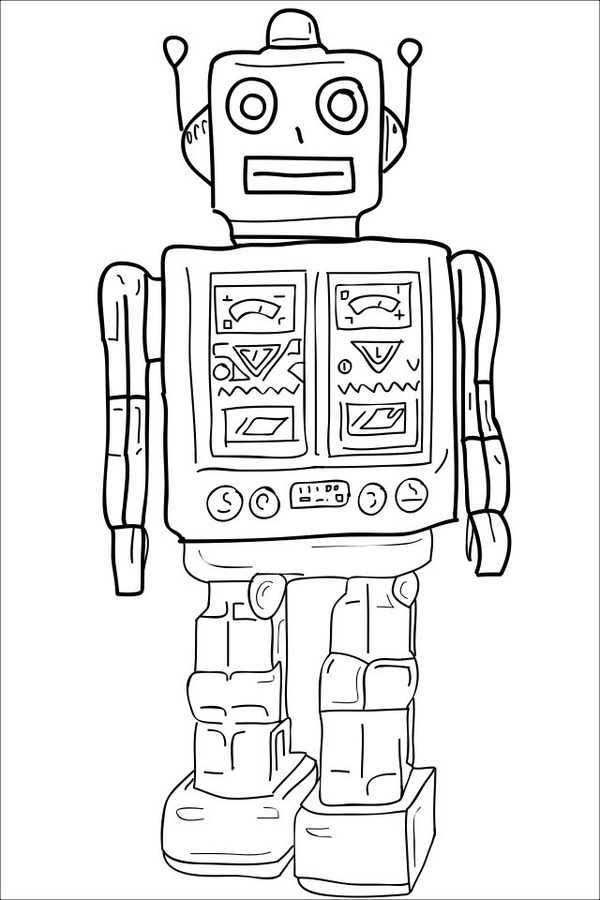CHART OF THE DAY: Four out of five say that company culture needs to change
Quick take for a waiting for the snow to come Wednesday. I wanted to share one data point from the Katzenbach Center Global Culture Survey 2018, a broad look at organizational culture and leadership.
Here is the survey's lead chart and the one that shows that despite us telling each other that 'Culture eats strategy for breakfast' for literally 30 years, there apparently is still much that organizations and leaders need to do in the culture wars. Data first, then some FREE commentary from me after the chart:
Some quick thoughts...
1. The 'Culture eats' brigade would have us all think that well, culture does actually influence and drive business success to a larger degree than corporate strategy or even organizational talent. If so, then why do four our of five respondents claim that their culture needs to evolve and change in the next three to five years? While most of us probably agree that business strategy has to change, often fairly frequently, to respond to changing market conditions, it does seem kind of startling to see that 80% of people surveyed feel the same about culture. Is culture as malleable as strategy? Does it need to change as frequently as every 3 - 5 years, about the average tenure of talent at many organizations?
2. I still maintain that the 'Culture eats' folks ignore the importance of strategy and the need for culture and strategy to be more connected and aligned. The culture survey states this plainly - "But for the influence of culture to translate into real business results, culture, strategy and operations must be aligned." And again, I'd add to this the importance to have people, the right people with both the right skills and attitudes to be aligned with both culture and strategy.
3. Like many other workplace challenges, there is a difference of opinion and viewpoints about organizations culture between leadership and the rank and file employees. According to the Katzenbach survey, 63% of leaders feel their company culture is consistent with how people actually act in the organization, while only 41% of employees agree to that statement. Leaders at all levels need to really dig in to better understand how the organization's culture really manifests, shapes, and influences how work gets done in the organization. Culture is not what leaders talk about, it's what they do, what they reward, what they punish, and if/how the employees in the organization follow or don't follow these cues.
I feel like we have been talking about organizational culture for ages, and I suspect the conversation will not end any time soon. Good for the workplace blogger types I guess!
Have a great day!

 Steve
Steve

